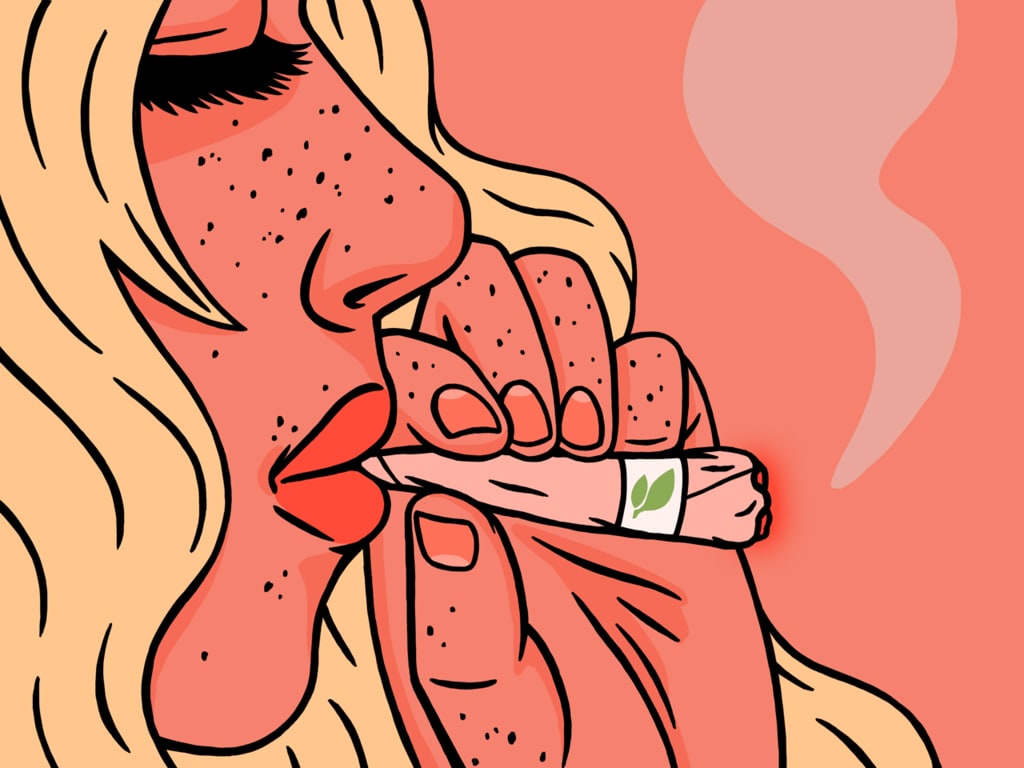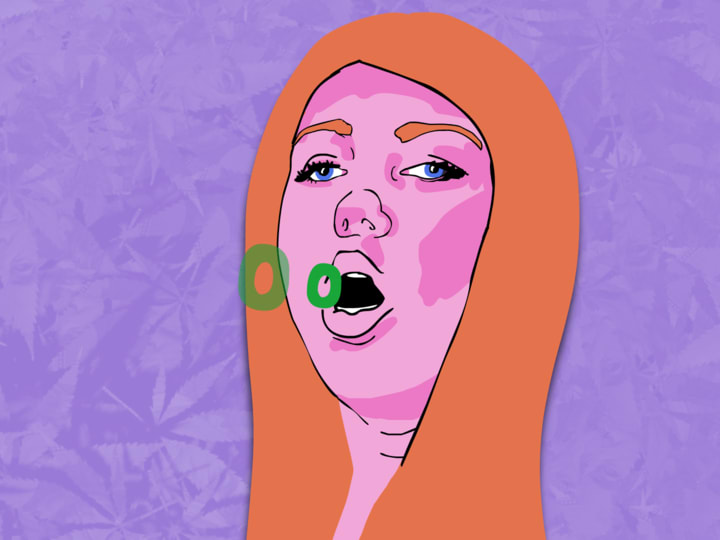
Few people know that they suffer from anxiety until they experience some extreme feelings. They may suffer from narrow vision, chest tightness, too many thoughts, and pressure on the body. Some patients experience difficulty when looking at the right treatment for anxiety. This is because people have different brain chemistry, which reacts differently to medications. So, is it true that cannabis could replace anti-anxiety medicine?
A Medically-Proven Study
A recent study has established that regular cannabis usage could replace anti-anxiety medicine. The results published in the medical journal Psychopharmacology established that daily or regular cannabis users had lower stress reactions overall despite not using marijuana for a long time. However, non-cannabis users expressed their anxiety and high levels of the stress hormone cortisol whenever they felt stressed. The long-time cannabis users, though, reported low levels of anxiety and, surprisingly, their cortisol levels remained constant whether the user was experiencing high or low stress.
The Potential Effects of Cannabis on Stress
The study was composed of 42 people that had used cannabis less then ten times in their lives and non-smokers in the past year, as well as 40 consistent users over the past year. However, all the participants were not to use cannabis 12-18 hours before the study. This was to ensure the study achieved the best findings.
The Findings
Research suggests that the potential effects of cannabis could go beyond the intoxication period of ingesting marijuana. However, it is not clear whether muted stress response is a good thing or a bad thing. These findings were stated by Dr. Carrie Cuttler, a researcher, and clinical assistant professor at Washington State University and co-author of the study.
Cortisol
Cortisol is a hormone that is released in times of stress. We know from a lot of research that too much cortisol is a bad thing, having been linked to anxiety and depression disorders as well as lack of sleep, digestive complications, and severe heart problems. On the contrary though, a healthy amount of cortisol has a significant impact on our ability to function through our day-to-day life. This is because the hormone plays a major role in tapping into our stored energy, and causes us to react effectively in high-stress situations.
Dr. Cuttler advocated for further study on whether cannabis could replace anti-anxiety medicine and prescription drugs. She argues that this will help to determine whether the lowered cortisol response shown by continued cannabis users is effective, or causes harm when managing anxiety for long periods of time. In addition to these finds, she promised, with more research, a better understanding of cannabis dependency in the human body.
According to Dr. Cuttler, they considered the withdrawal symptoms of chronic users to determine if these test subjects faced cravings in stressful situations. Amazingly, they found no evidence of this.
Anxiety and Cannabis

Anxiety as a mental disorder is characterized by feelings of worry or fear, which are strong enough to interfere with your daily activities. This is the most common mental illness among Americans. According to some statistics, about 40 million American adults, about 18 percent of the population, are faced with this condition every year.
Some drugs are often prescribed for short-term and long-term anxiety disorder. For example, benzodiazepines like Xanax and Klonopin are mostly targeted for short-term relief from intense anxiety and panic attacks. The drug may be effective in the short term, but can have side effects like fatigue and confusion after just a few uses. If the drug is abused, as it is apt to be, these prescribed pills can cause the user to become addicted to benzodiazepines. Oftentimes, these types of drugs lead to the addiction of stronger and more dangerous forms of drugs (such as opiates), a heightened possibility of overdose, and death. In 2015 alone, close to 8,000 Americans died from a drug overdose, and the statistics are only getting larger. When considering long-term relief, selective serotonin re-uptake inhibitors like Prozac is prescribed. There are also negative side effects associated with this drug, including insomnia, headaches, drowsiness, low libido, and, the worst of all, an increased frequency of suicidal thoughts.
Cannabis is commonly used for treating anxiety. From the research, it has few side effects, low chances for addiction, and no risk of overdose. However, at the federal level, it still remains classified as a schedule one drug. Therefore, little research has been done to determine the long-term healing effects of cannabis on anxiety. The findings from Cuttler and her team do not mark the end of research on cannabis. Together with her team, they plan to conduct another study with a longer timeframe of cannabis abstinence to determine the results with more accuracy. There are still a number of strains to avoid if you have anxiety though, so Cuttler is going to undergo this research with rats.
Various Medical Cannabis Forms for Anxiety Disorders
- Smoking—This is among the most common methods to use medical marijuana. Just like smoking cigarettes, this method has negative health connotations because it produces toxins in your airways. Vaping is a safer alternative to smoking, and produces the same effect as organically smoking cannabis.
- Edibles—There are a number of medical conditions that edibles can help treat. This option for taking medical marijuana is perfect for those who do not want to deal with smoking cannabis, and typically produces a feeling of subdued euphoria for pain management.
- Topicals—Lotions, balms, and patches are effective for patients dealing with pains all over their bodies.
- Pure CBD—Oils and pills readily help with acute pains in the joints and bones, and are affiliated with a general boost to a person's overall mood.
Something New?
In conjunction with the study performed by Dr. Cuttler, a recent study has been published in Pharmacological Research which has findings that indicate that cannabidiol (CBD) may influence the neurotransmitter GABA. This neurotransmitter helps to reduce the chemicals cortisol effects within the brain in response to anxiety. This finding is incredibly potent when figuring out a way to deal with high cortisol levels in people and in the hopes of helping to alleviate stress-levels, especially if you're using one of these CBD strains to calm anxiety.
Using Medical Cannabis for Anxiety Disorder Symptoms
Medical marijuana can serve to treat anxiety without major side effects. It has commonly been used by many patients in the U.S. The question remains though, why do some people experience an increase in anxiety after using cannabis as a medication? This concern can be solved by consulting a professional in order to pick the right dose. This will reduce extra anxiety, or feelings of paranoia sometimes attributed with ingesting marijuana, as well as effectively treating anxiety disorders. CBD, on the other hand, has been proven to offer great benefits for people suffering from anxiety disorders without the feeling of getting high, a significant difference from the way cannabis is typically used, as well as a direct attack against the stigma associated with ingesting the still-federally-illegal substance.
Bottom Line
With the studies put in place and considering the fact that people are now embracing anxiety as a common mental state, there is hope. Over the years, prescription pills have been administered to patients and are yielding less and less positive results with each passing year. With the easy ways of administration of medical marijuana and its overall effectiveness, only time will tell what is in store for how cannabis could replace anti-anxiety medications.
About the Creator
Ami Roach
Jewish Barnard graduate, surprise surprise.






Comments
There are no comments for this story
Be the first to respond and start the conversation.